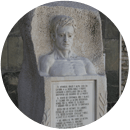The best way to know the daily life and the day to day of a place is, immerse yourself as one more of its inhabitants in its streets, for this, this circular cultural tour of 1,400 is ideal, Do not miss it!
Firstly, at the Marble Interpretation Center, you will visit the most typical and emblematic corners of Macael of the historic center, closely joined to everything that surrounds the marble explotaition. This itinerary invites you to discover its streets, where you will discover squares and sidewalks covered with white marble, sculptures, monuments, places of special charm and you can mix with its people eager to share their experiences and stories.

Points
of interest
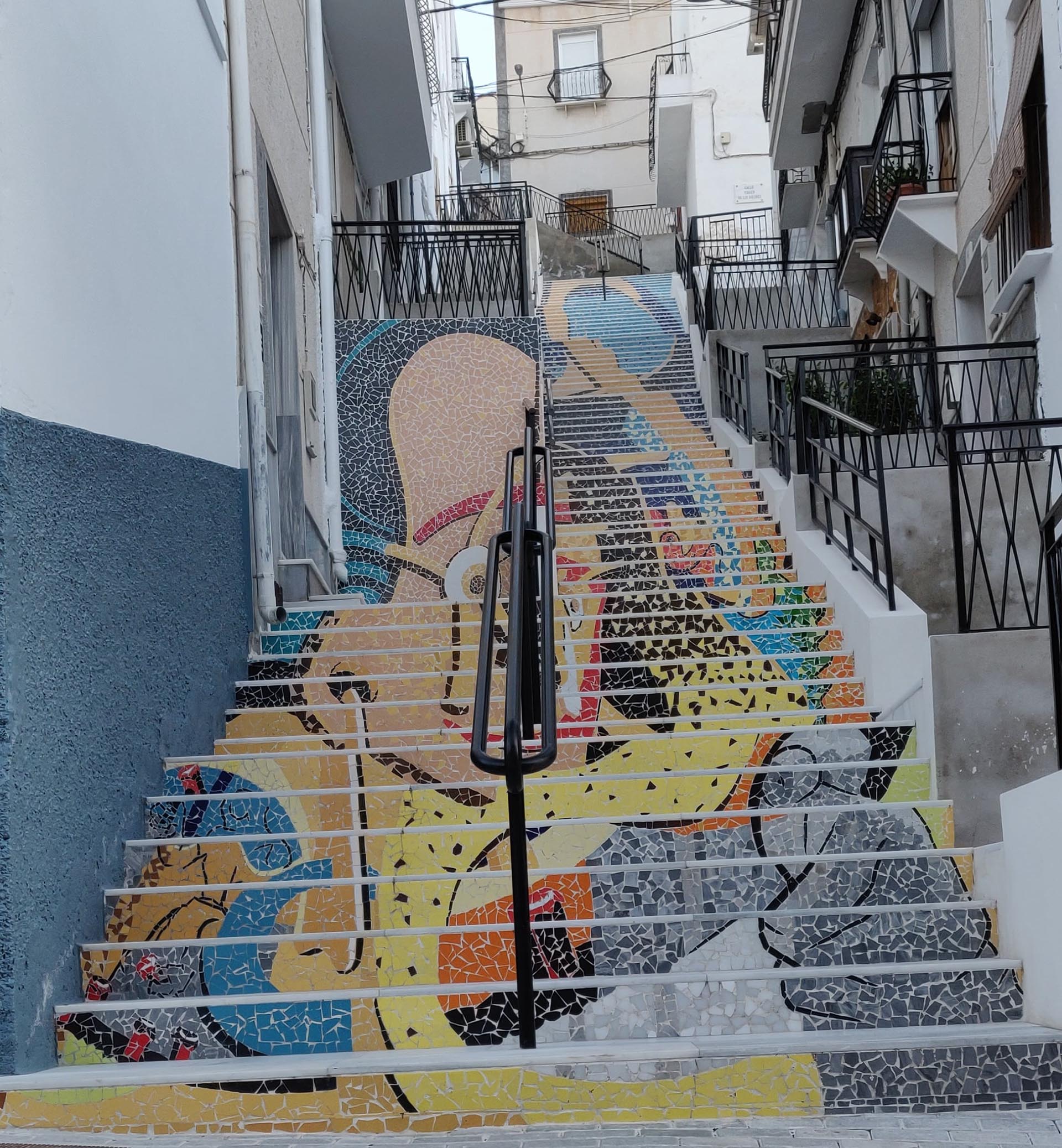
MARIO PALMA STREET
Known as “Street of the stairs” for the 94 steps that compose it. It has a great unevenness and has become a symbol of Macael. Its well-kept flowerpots, whitewashed facades and iron balustrades stand out.
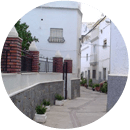
PICASO STREET
That stands out for its sinuous and twisted layout.
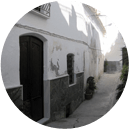
OLD CORRAL
It is located on Pablo Picasso street, where the oxen that were used to transport marble in the past were locked up.
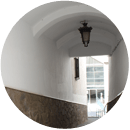
PORCH "CALLE PICASO"
Covered with a half-barrel vault, it is the best preserved and the most visited by the residents.
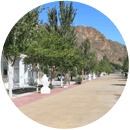
SCULPTURAL WALK-BOULEVARD
It begins in the work of «El Gallo». Tribute to Eduardo Cruz Rubio. We continue along the Boulevard where we can see numerous white marble sculptures from Macael. Many of which have been awarded at the Marble Awards.
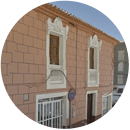
SEÑORIAL HOUSE
Built in the 30s and designed by its own owner, the intellectual Juan Rubio Ortiz, its Gothic-style windows with pointed arches and friezes on doors and windows stand out. It has a library of more than 6000 books.
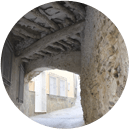
PORCH "CALLE PORCHE"
It is the oldest porch in the municipality, it preserves its original overlapping slate roof, supported by (maderos de carrasco/ carrasco logs).
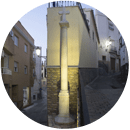
CROSS OF THE YOUNG MEN
Emblematic Macael white marble cross about three meters high. It dates from the s. XVII. In its base you can read the following inscription: “THIS CROSS MADE THE BOYS OF THIS VILLA DE MACAEL AND LAROYA. YEAR OF 1658 “.
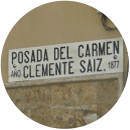
OLD POSADA
Old inn dating from 1877, a place where workers, merchants and visitors who came to Macael stayed. Currently they are houses and a commemorative plaque has been placed in their memory.
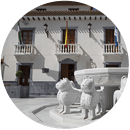
CONSTITUCIÓN SQUARE
With a rectangular structure, its floors and benches in white and gray Macael marble stand out. Around it is the church and the old town hall, from the 19th century, on whose facade there is a noble coat of arms in white Macael marble declared an Asset of Cultural Interest. As well as some of the oldest houses, from the beginning of XX century.
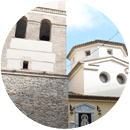
CHURCH AND TOWER
Rebuilt in 1992, it preserves the original Mudejar tower from 1609 with its episcopal shield from the s. XVII. The carvings of the Lying Christ, and of the baby Jesus who supports the Virgin of the Rosary; and an oil painting of the Immaculate Conception. The bell tower houses 4 bells, the oldest being that of Santa Teresa from 1682, it is listed as a Historic Monument. Next to the tower is the Monument dedicated to the patron saint of Macael, Nuestra Señora del Rosario.
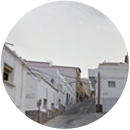
QUARRY STREET
Street by which formerly the quarries were climbed. In it there was a colt and several corrals of oxen.
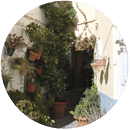
PORCH "CALLE EJIDO"
It is the most hidden porch in the municipality. It is located on Ejido Street, a dead-end street barely 15 meters long. It is well preserved and its decoration based on pots and plants of the neighbors stands out.
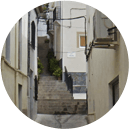
AIRE STREET
Its great stepped unevenness stands out.

VIRGEN DEL CARMEN SQUARE
The white and gray marble of Macael can be seen for all the square. In it is a small chapel with the Virgen del Carmen. From here you have a fantastic panoramic view of the municipality
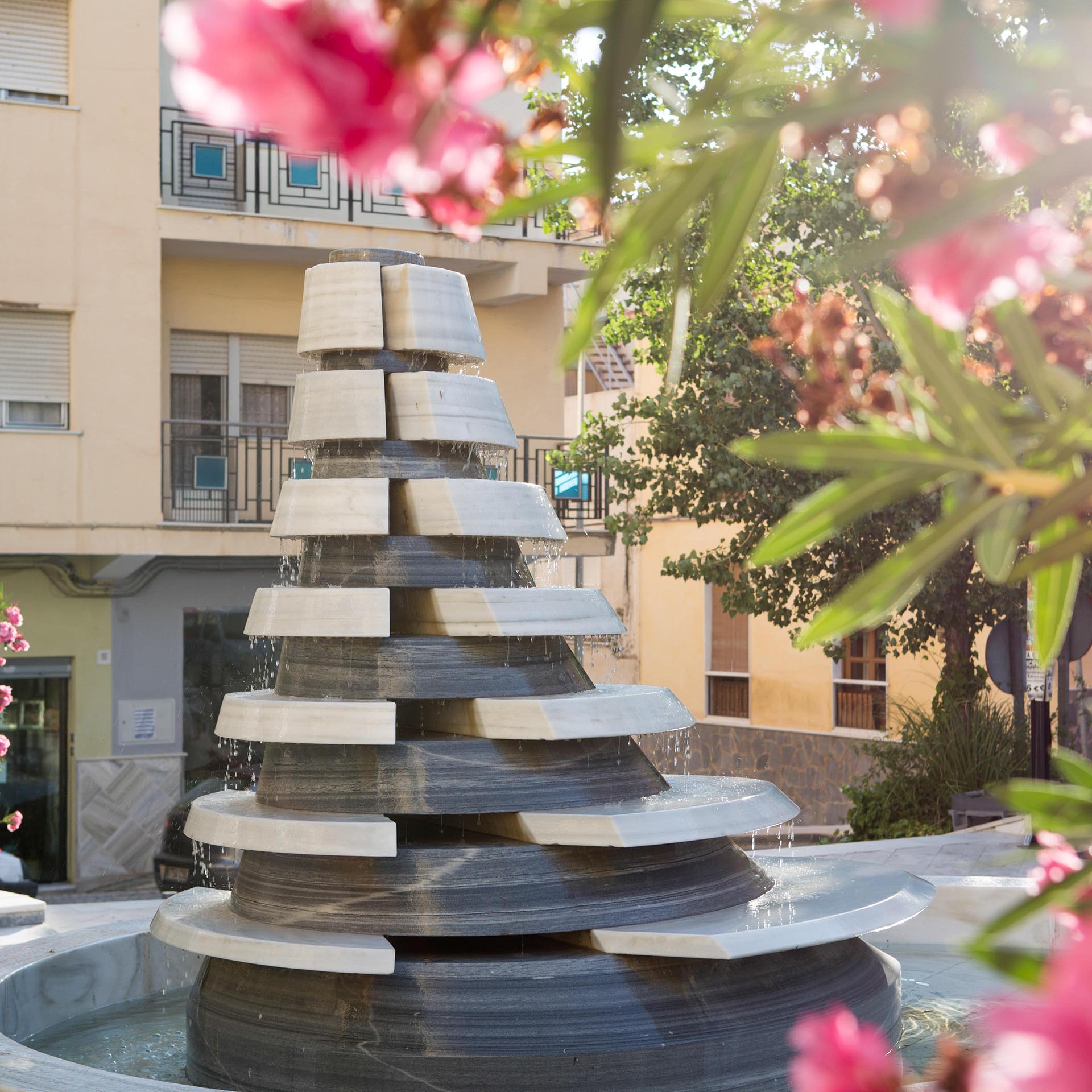
ALMERIA SQUARE
It is made entirely of white and gray Macael marble. It is surrounded by a lot of marble sculptures, some of them exhibited at the Macael Marble Awards. Its original oval and stepped fountain stands out.
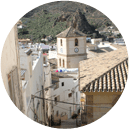
LAS CRUCES STREET
It highlights its semicircular route with beautiful views of Placetas Street with the Tower of the church and the Cerro del Sacristán in the background.

